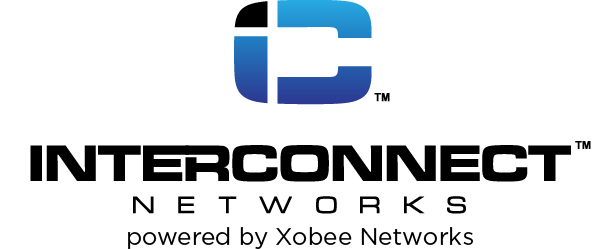
If it’s not one thing, it’s something else.
This is pretty much how one can describe internet scams at any given point in any given year. There’s always something being thrown at us that progressively gets more and more difficult to detect; scams that threaten our security and our privacy.
At the moment, tech support fraud is out of control. The FBI’s Internet Crime Complaint Center (IC3) says it received roughly 11,000 complaints about tech support fraud in 2017 with claimed losses nearing $15 million. That’s a whopping 86% increase in losses over the numbers reported for 2016!
The IC3 warns that, “Criminals may pose as a security, customer, or technical support representative offering to resolve such issues as a compromised email or bank account, a virus on a computer, or to assist with a software license renewal.” Scary. That’s certainly someone you would want to trust.
Tech support scams can sneak up on you under many different guises — from a hijacked computer browser to a phone call or an email. To protect yourself, you need to know what to look out for. Here is what the IC3 says are the most common scams that try to trick you into thinking you’re dealing with legitimate tech support services:
Fake Website Pop-ups
Suddenly a message pops up in your browser while you’re surfing the web, warning that you have a virus on your computer. It may also include an audio message. It gives you a phone number to call for help. Heck, it may even have a reputable company attached to it like Microsoft! This can be jarring and you may feel like your browser is trapped, but don’t call the number. It connects you to a fraudulent tech support company. The scammer may try to get you to pay up to fix the issue or may try to gain access to your personal information.
Phishing Emails
An email arrives. It looks official. It’s a warning of a compromised bank account or credit card, or an alert about a problem with your computer or an online account. It encourages you to click on a link for assistance or to call a fake support number…
“Once the fraudulent tech support company representative makes verbal contact with the victim, the criminal tries to convince the victim to provide remote access to the victim’s device,” says IC3. As with the fake pop-ups scheme, the scammer may try to get you to pay up to fix the fictional problems with your computer or accounts.
The “Fake Refund”
This is an unusual approach criminals are using to gain access to your online bank account. The scammer contacts a victim to offer a refund for tech support services. To get the refund, the scammer talks you into giving them access to your computer. They then ask you to log into your bank account to process the refund. The criminal then gets access to your account to proceed to process a fake refund. This elaborate scheme involves transferring money among accounts and talking the victim into sending money to the scammer via a wire transfer or prepaid card.
The IC3 calls this particular scam a “widespread issue.”
Unsolicited Phone Calls
Not all scams start through a web browser or email program. The IC3 also cautions about unsolicited phone calls from a person claiming your computer is infected with a virus or who is sending error messages to the caller. Again, this turns into an attempt to extract payment or personal information. “Remember that legitimate customer, security, or tech support companies will not initiate unsolicited contact with individuals,” says the IC3.
So if the tech support world is fraught with peril, how does one protect themselves when they need real tech support help? The answer is simple — use a legitimate tech support provider with decades of experience and demonstrated expertise. The 20 is serious about superior IT support. We leverage the combined skills, expertise, and knowledge of hundreds of IT companies to tackle your IT problems quickly so you can simply focus on growing your business.
Don’t be a victim!





